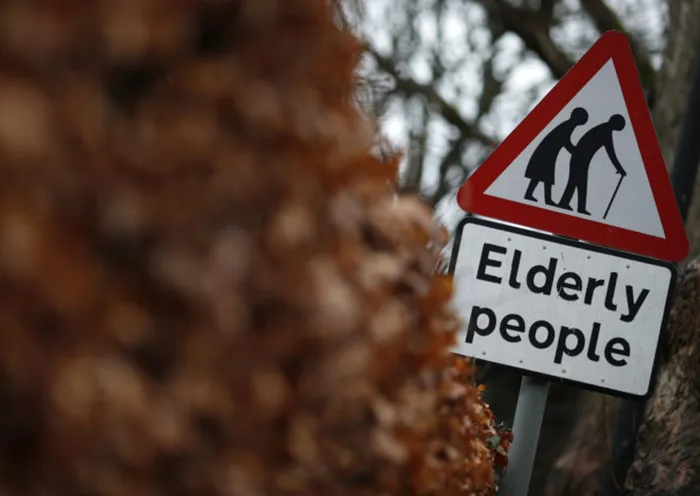Social grants raised to meet surging demand

File picture: Phil Noble, Reuters File picture: Phil Noble, Reuters
Johannesburg - The number of people receiving social grants will rise to 18 million by February 2019 as a result of higher life expectancy and other factors.
Finance Minister Nhlanhla Nene said yesterday that the government’s social assistance grant programme was central to the relief of poverty and vulnerability, with approximately 16.7 million people currently receiving social grants.
“This figure is projected to reach 18.1 million in 2018/19, growing at 2.2 percent a year in terms of the medium-term expenditure framework, mainly due to higher life expectancy and effects to ensure all eligible children younger than two years of age benefit from the grant,” Nene said during his mini budget speech.
In 1998, 2.5 million people were getting social grants ranging from the child support grant, disability grant, grant-in-aid, care dependency grant, foster child grant, as well as the war veteran’s grant and older person’s grant.
The child support grant has the highest number of recipients at 11.5 million people, followed by the grant for older persons at 3 million recipients and the disability grant with 1.1 million recipients.
“With effect from this month, the old-age, war veterans, disability and care dependency grants are increased by R10, to bring the annual increase in line with long-term inflation. Over the three-year period ahead, nearly R13 billion will be added to social assistance budgets,” Nene said.
Sustainable
“Sustainable fiscal policy protects the social grants made since 1994. Scarce resources will also be targeted to meet pressing social needs. Social grants continue to make a meaningful contribution to reducing extreme poverty.”
The grants come amid high unemployment, which stands at 25 percent. At the same time, Nene has said South Africans need to tighten finances.
Nene said there would be very little room for new spending priorities over the next three years. He said, nevertheless, the government proposed to allocate additional resources to core areas of need, including projects that addressed urgent social priorities.
“Provision has been made to increase social grants to accommodate higher-than-expected growth in grant beneficiary numbers,” he added.
“The local equitable share has been bolstered to support the rising cost of free basic services,” he said.
“Resources have been added to social development budgets for substance-abuse centres and early childhood development,” Nene said.
BUSINESS REPORT